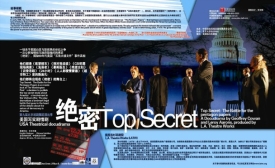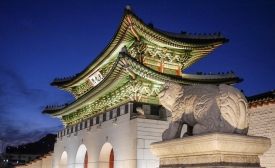Cultural Diplomacy
"Good movie cannot be successfully done in present day Nigeria without informed and selfless co-operation between the corporate world, which constantly stands in need of the best and cost friendly ways to mobilise its top marketing millions, and the idea driven, highly credible world of entertainment.
In response to all this, some are recommending that China engage in more intensified cultural diplomacy. Indeed, one senior official told me that China should position itself like Germany has in Europe, letting its clout be neutralized by an Asian regional organization.
During the past several years, Chinese audiences have flocked to see American movies such as Kung-Fu Panda, much to the alarm of China’s political leadership, which has recently made clear that it is not inclined to surrender any terrain on the global cultural battleground.

The USC Center on Public Diplomacy, the USC U.S.-China Institute, and the USC Annenberg Center on Communication Leadership and Policy were pleased to co-sponsor "
During the past several years, Chinese audiences have flocked to see American movies such as Kung-Fu Panda, much to the alarm of China’s political leadership, which has recently made clear that it is not inclined to surrender any terrain on the global cultural battleground.

A brief look at current public diplomacy practices and what the future might hold
Korean policymakers are discussing the “Korean Wave 3.0.” The Korean Wave, or hallyu in Korean, means the export of Korean entertainment and other culture. The “Version 1.0” of the wave was the success of TV dramas and movies starting about 10 years ago. And “Version 2.0” is what’s been happening with K-pop music over the last year or so.







